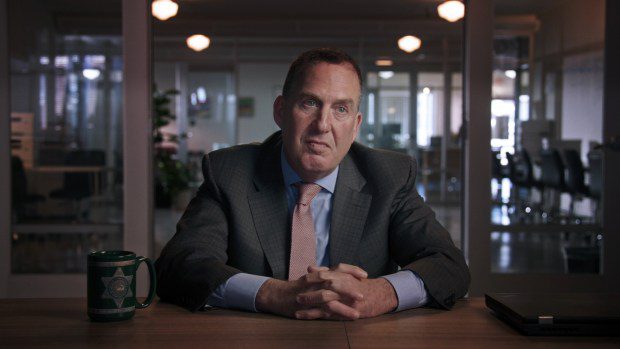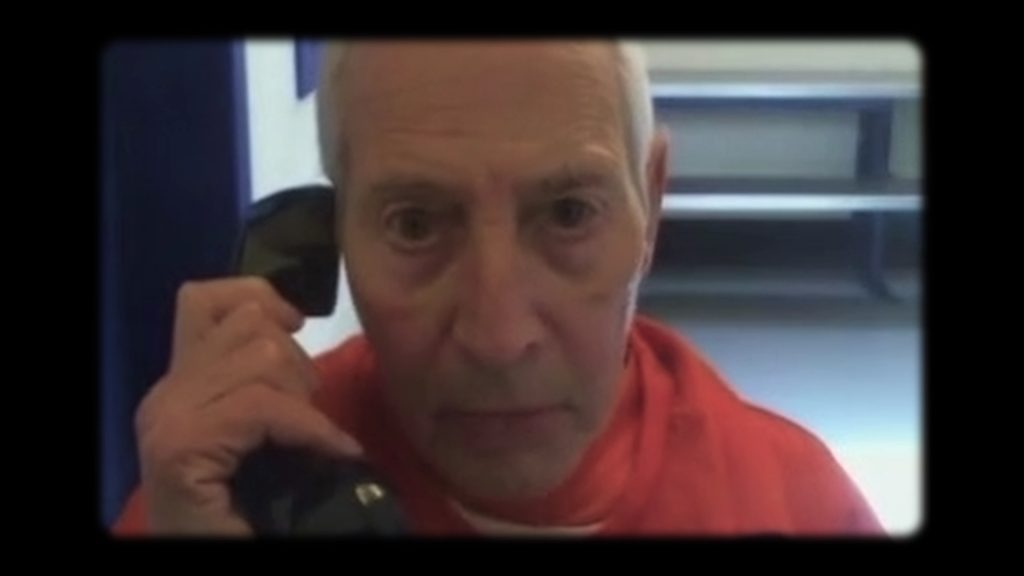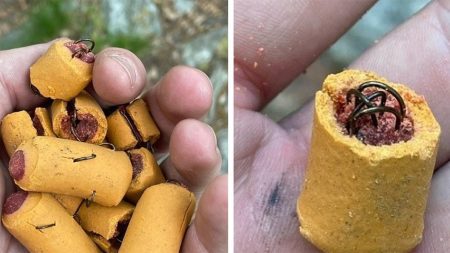When it first aired on HBO ten years ago, the true crime documentary series 'The Jinx: The Life and Deaths of Robert Durst' stood out primarily because Durst was willing to appear on camera. The wealthy New York real estate heir was suspected of murdering three individuals: His first wife Kathleen McCormack in 1982; his close friend Susan Berman in 2000; and an elderly Texas neighbor Morris Black in 2001. At that time, he had only been on trial for Black's murder (which he also dismembered) and was acquitted. Surprisingly, Durst agreed to be interviewed by filmmaker Andrew Jarecki about all of it. Perhaps Durst believed his strong denials would be convincing. However, the series finale featured a shocking hot-mic moment in which Durst excused himself to the restroom and whispered the seemingly incriminating words: 'Killed them all.'
While researching for the series, Jarecki found additional evidence related to Berman’s death and shared it with the authorities. This led to Durst's arrest a day before the final episode aired.
Now Jarecki returns with 'The Jinx – Part Two,' which continues from where he left off. In 2021, Durst was found guilty of Berman’s murder, and the six-episode sequel aims to fill in the gaps between the events leading up to his arrest in March 2015 and his passing in January 2022 (just three months after he was sentenced to life without parole). Jarecki achieves this by assembling prosecutor John Lewin’s case and outlining the twists and turns of the trial itself.
Enthusiasts of true crime may be motivated by various conflicting reasons. Genuine curiosity sometimes turns into exploitation, and gruesome tragedy is turned into entertainment. With unsolved cases, there's a tendency to take on the role of an investigator. Jarecki isn't immune to any of this. However, what's notably absent in his latest work is reflection on his own role in Durst's fate.
'Part Two' is upfront about Jarecki reaching out to law enforcement — an uncommon situation for documentary filmmakers — but he remains silent about why he made that decision. One could argue it was the right choice, but he doesn't walk us through his thought process. Why be so evasive? “Normally, your obligation is to protect your subject,” he told Vanity Fair in a recent interview. “But what happens when your subject becomes the adversary?” Good question. It's unfortunate he didn't want to tackle it in his own project. told Despite its self-congratulatory tone, Jarecki’s follow-up is captivating all the same. It incorporates the same blurry reenactments as the original, which elevates the visuals beyond just talking head interviews and archival footage and photos. Durst had regular visitors in jail, and Jarecki acquired recordings of those visits as well as Durst’s phone calls, and we see a man who is mentally sound but manipulative and deeply irritating. Journalist Lisa DePaulo tells Jarecki: “When Bob has a friend, he expects blind loyalty. Like, unconditional loyalty. He expected his friends to toe the line, and a lot of them did — for a long time.” Lewin, the prosecutor, explains it this way: “It turns out that when you have a whole lot of money, people are willing to do things for you because they think some of that money might go their way.”
One of his close friends is Nick Chavin, a former singer who now works in advertising. When he was younger, he liked a genre of music called “country porn.” Jarecki asks him, “Did it bother you when you found out what (Durst) did in Galveston?” Chavin replies: “Well, what isn’t in my mind is ‘Jesus Christ, he cut up Morris Black and got away with it.’ That just didn’t have any impact on me. I don’t have that same moral hatred of murder and murderers.” If that doesn’t make you stop and think, I don’t know what will. In contrast, Chavin’s wife is straightforward and clear about her dislike for Durst. How their marriage works is a mystery in itself. At the very least, Jarecki is good at discovering the unusual and unrestrained.

The group of characters also includes enthusiastic twin brother law clerks hired by Lewin to look through the endless paperwork. “Friendships die hard,” someone else says at one point, and it’s the kind of observation that has many different meanings in this situation. All of this is captured because of Jarecki’s instincts. Even though we know the outcome, he creates suspense and intrigue.
A very serious filmmaker, he also tends to weaken that with questionable choices, including a vain quote from a cop who boasts: “Homicide detectives have a saying: We work for God.” As a documentarian, Jarecki doesn’t bring any doubt to police work, or any other part of how the criminal justice system works.
Why do people do such terrible things to each other? Who often gets away with these crimes and why? These are interesting questions that keep us coming back for more.
“The Jinx – Part Two” — 2.5 stars
Where to watch: (out of 4)
9 p.m. Sundays on HBO (streaming on Max) Nina Metz is a Tribune critic.
A follow up to the 2015 true crime investigation “The Jinx” in which real estate heir Robert Durst was caught muttering “killed them all” into a hot mic.









